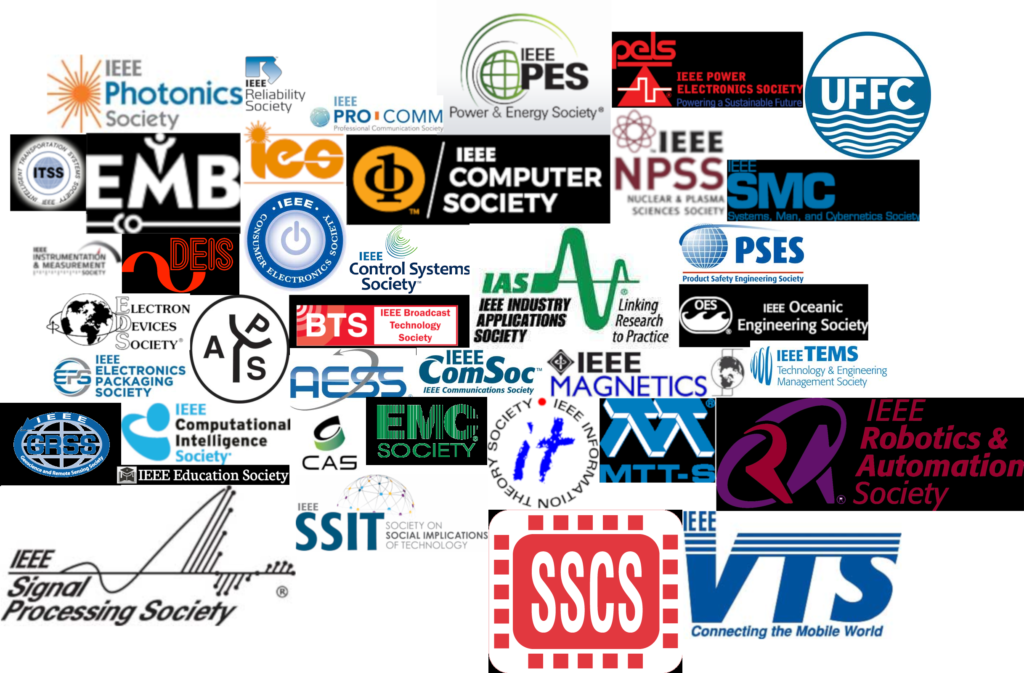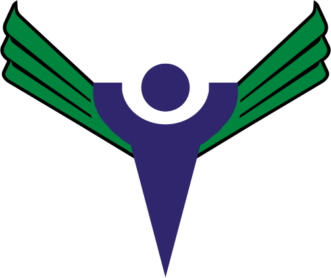IEEE Societies
IEEE UNT Societies
The UNT IEEE Branch support and encourages multiple IEEE societies here at UNT. They allow our members to explore more deeply into their interest areas and develop a deeper network into the future. We also work with other UNT and IEEE organizations to advance technology for humanity.
Societies
The Engineering in Medicine and Biology Society of the IEEE advances the application of engineering sciences and technology to medicine and biology, promotes the profession, and provides global leadership for the benefit of its members and humanity by disseminating knowledge, setting standards, fostering professional development, and recognizing excellence.
The IEEE Robotics and Automation Society’s objectives are scientific, literary and educational in character. The Society strives for the advancement of the theory and practice of robotics and automation engineering and science and of the allied arts and sciences, and for the maintenance of high professional standards among its members, all in consonance with the Constitution and Bylaws of the IEEE and with special attention to such aims within the Field of Interest of the Society.
Signal processing is the enabling technology for the generation, transformation, extraction, and interpretation of information. It comprises the theory, algorithms with associated architectures and implementations, and applications related to processing information contained in many different formats broadly designated as signals. Signal processing uses mathematical, statistical, computational, heuristic, and/or linguistic representations, formalisms, modeling techniques and algorithms for generating, transforming, transmitting, and learning from signals.
The IEEE Computer Society is the premier source for information, inspiration, and collaboration in computer science and engineering. Connecting members worldwide, the Computer Society empowers the people who advance technology by delivering tools for individuals at all stages of their professional careers. Our trusted resources include international conferences, peer-reviewed publications, a robust digital library, globally recognized standards, and continuous learning opportunities.






